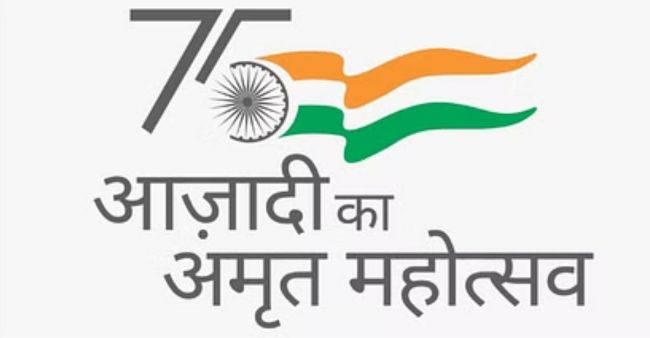
Seventy-six years after Independence can we settle the democracy debate once and for all? All that lament by a certain section about India being a sliding democracy and an electoral autocracy is a canard. Indian democracy is thriving and will continue to thrive if this country’s record is anything to go by. Except for a blip of a couple of years, during 1975-1977, India has been a democracy throughout, and given the socio-economic conditions from which it has emerged over the decades, and is still emerging, this is a remarkable achievement. Many countries with such a huge burden of poor people and surrounded by hostile neighbours either go bankrupt or come under the control of authoritarians, or both. That India not only survived its burden of history, but also thrived, while keeping its democratic credentials intact, is not only because of our founding fathers and leaders, but more so because of our people. It’s the people who are the repository of thousands of years of wisdom, traditions, beliefs, customs and culture. It’s the people who defeated Indira Gandhi in 1977 to teach her a lesson for breaching the boundaries of democratic governance, and it was again the people who brought her back to power three years later in the interest of the nation, when the Janata coalition proved to be incapable of governance and fell apart under the weight of internal contradictions. However chaotic India might appear to be, or however unmanageable, there is a method in the chaos; some kind of an order that makes this country function—nowhere is this more visible than on election day, when people queue up to exercise their democratic right of having a government of their choice. It’s the “Janata Janardan” that Prime Minister Narendra Modi keeps invoking; the “Janata Janardan” that Congress president Mallikarjun Kharge thanked after his party’s recent victory in Karnataka. It’s the people who are God. Not the leader, not the bureaucrat, but the people. Any government, any officer, any party that forgets it, or remembers it too late—maybe just before the elections—comes to regret it, sooner or later. It’s a country where people have democracy in their DNA. To call a country like India a sliding democracy is a slight on the collective wisdom of the people.
India has never claimed to be a perfect democracy. But then which country is a perfect democracy? Germany, which hovers near the top among those proclaimed to be “perfect democracies”? Last heard, Germany is mulling banning a so-called far-right party, Alternative for Germany (AfD), because it is rising in popularity and is currently enjoying 21% support in the polls. Let that sink in—21%. In India, the Congress got 19.49% votes in the 2019 general elections. Think of what would have happened if the NDA government had decided to “cancel” the whole Congress party. Or if like Canada’s Prime Minister Justin Trudeau, the Indian Prime Minister had imposed emergency and frozen the bank accounts of those who participated in the farmers’ protest against his government. Or like Rishi Sunak had gone around with UK officials raiding the hideouts of illegal migrants and arresting them. It’s maybe because none of this happened in the last nine years that the “indices brigade” thinks that India is at the most an “electoral autocracy”. And now one researcher in an Indian university, with the help of questionable data, won’t give India the courtesy of being called even an “electoral autocracy”. He recently declared in big bold letters in his research paper that the general elections in 2019 were manipulated, and in small font size that his hypothesis may or may not be correct. That his university distanced itself from the research paper came in for criticism as another instance of “democratic backsliding”.
Another canard is about how dissent has been killed in this country, thus proving democratic backsliding. As if the daily bad-mouthing of the government, name calling the Prime Minister on social media, in Parliament when in session, on television channels and in newspapers—in fact, recently, one writer in his column in a reputed national newspaper was urging his readers to overthrow the Modi government—is not an expression of dissent.
No wonder the charge of democratic back sliding reeks of hypocrisy and double standards.
Democracy does not disappear just because a certain group’s—any group’s—favourite political party does not win an election, or is unable to win elections. To escalate such conversations to the global level and seek outside help is not only an expression of frustration but also an undemocratic attempt to reverse the will of the people. This gives opportunities to interests inimical to the country to take advantage of the existing faultlines and hurt India’s progress. Hence, 76 years after Independence, it’s time to close the debate on Indian democracy. For India to be anything but a democracy is an impossibility.